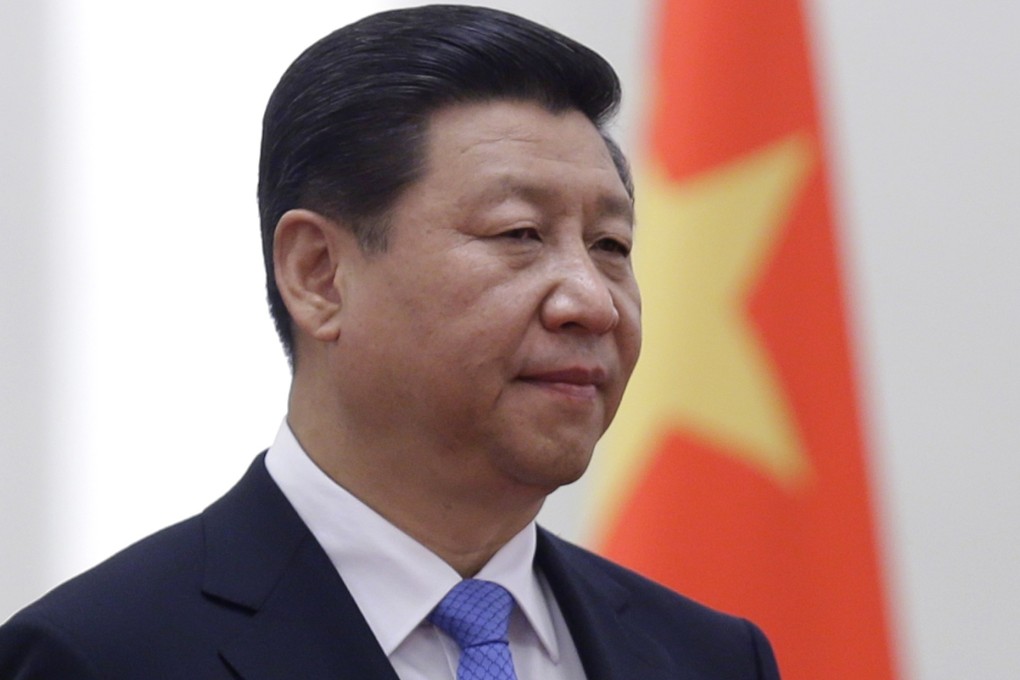Graft and the Chinese Communist Party's grass-roots chiefs
Counties are low on the hierarchical totem pole but their communist bosses are masters of all they survey, paving the way for corruption

Dressed in starched white shirts and black suit pants, more than 100 Communist Party county chiefs lined up in the Great Hall of the People last week to be feted by the country's leader as models of public service.
President Xi Jinping, who did a stint as the party chief of Zhengding county, Hubei province, in the 1980s, praised the officials for their outstanding contributions, reminding them also of the need to steer clear of graft.
The warning was warranted given their reputation for corruption among an increasingly sceptical public.
"Everyone knows that county party chiefs are the most prone to corruption … Let's see if any of these 102 people will become corrupt officials in five years," one microblogger wrote.
"[I] will thank heaven if one upright official can be found among these 102 chiefs," another said.
County chiefs have been warned repeatedly to stay clean yet many of these grass-roots cadres continue to make headlines in graft scandals.
From February 2014 to April this year, at least 38 county party chiefs were investigated for "serious violations of party discipline and law" - a stock phrase for corruption. In coal-rich Shanxi province 17 serving or former county party chiefs fell from grace last year.